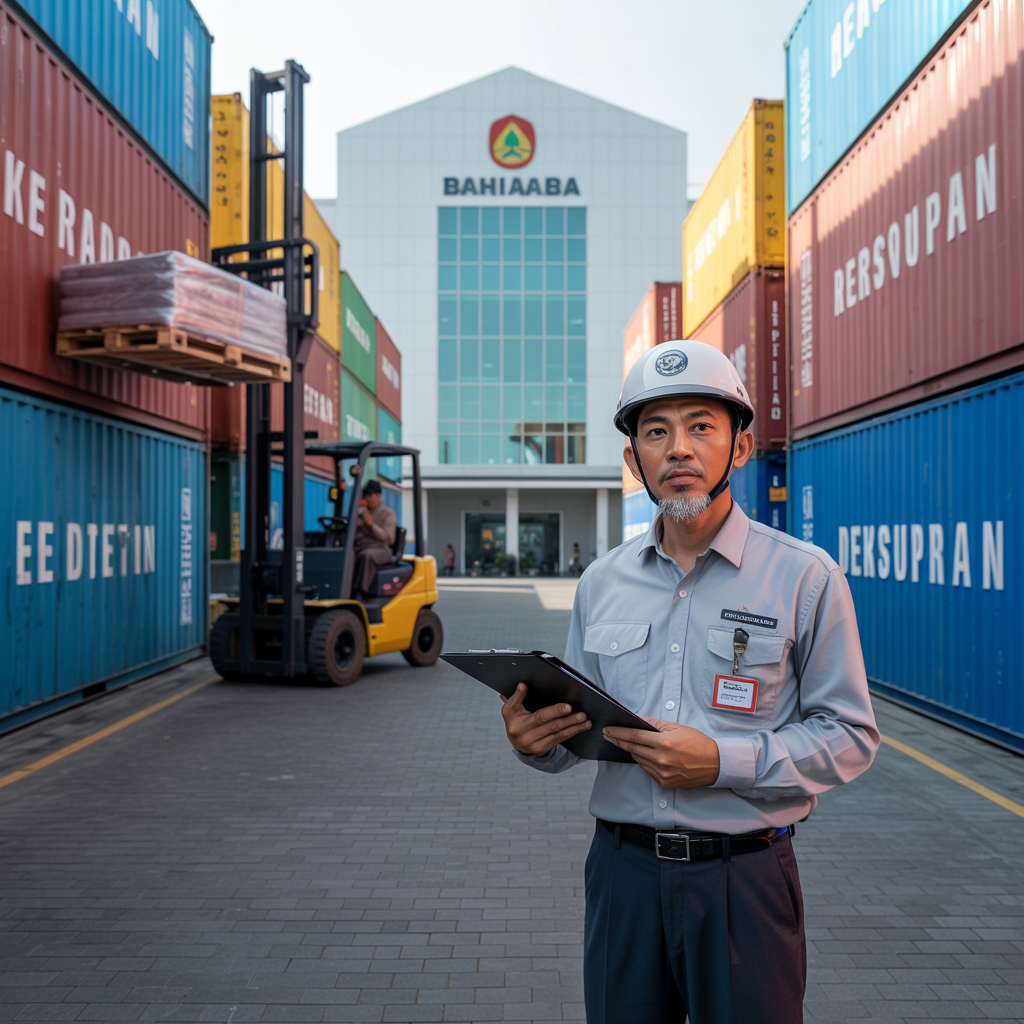Update of Bonded Zone Regulations and Policies in Indonesia Year 2025

The bonded zone in Indonesia has long been known as a special economic zone designed to encourage industrial growth and international trade. This area provides various tax and customs facilities that benefit industrial players. With these facilities, companies can enjoy import and tax suspension to support export activities. Moreover, the latest regulatory changes, which will take effect in 2025, are expected to further enhance the competitiveness of Indonesia's export manufacturing industry by providing more incentives and administrative ease for bonded zone operations.
The Indonesian government is seriously updating regulations related to the bonded zone to align with global economic developments. These significant changes include updates to the minister of finance regulation regarding procedures for permit applications and bonded zone supervision. This new regulation is designed to speed up the approval process and increase transparency of operational activities in these areas. With more than thousands of hectares of industrial zones spread across Indonesia, the bonded zone not only serves as an industrial hub but also as a magnet for foreign investment, positively impacting Indonesia's export-import sector.
The benefits of the bonded zone are strongly felt in the industrial and trade sectors, where these facilities play a role in improving operational efficiency. Besides providing the advantage of import duty suspension, the bonded zone also helps companies reduce production costs and expand access to international markets. By 2025, the government expects significant improvements in bureaucracy and customs services in line with advancing international trade. A strong understanding of the latest policies and regulations is key for companies to fully harness the growth potential offered by the bonded zone. This makes the bonded zone a strategic choice in facing increasingly fierce global competition.


